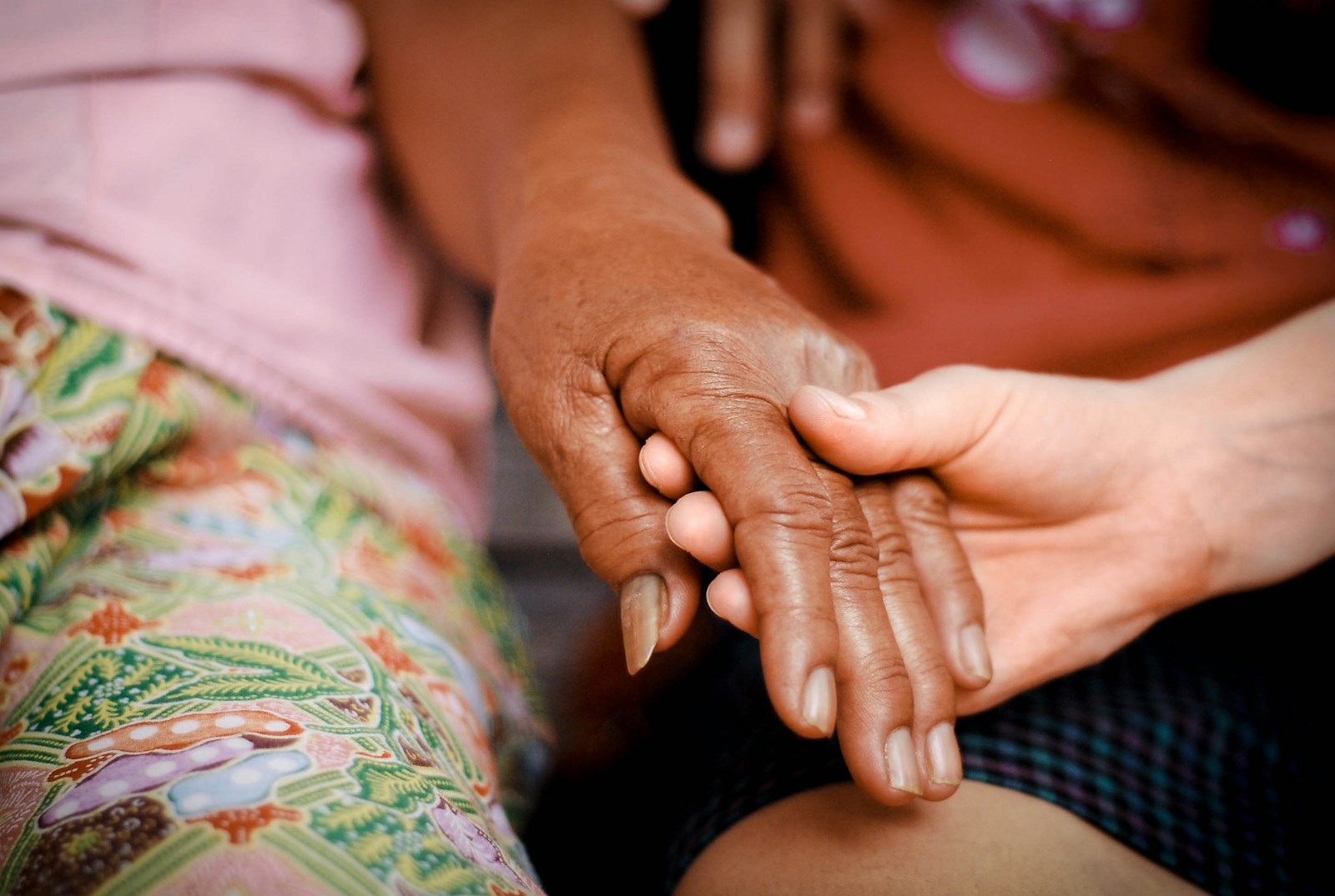I had a great chat with my friend Ben Hirsch from the original cast of Your Secret’s Safe With Gus, and he told me something heartwarming. Apparently, I came up in a conversation at a party he attended, and he said, “Jim is the kindest person I know.” That made me feel like a million dollars but also left me wishing I could have joined a conversation about being nice vs. being kind. Well, at least I get to write about it now!
Understanding the differences between being nice, kind, and compassionate can deepen our relationships. Each of these behaviors reflects different intentions and impacts for the person giving and the one receiving. Let’s break down these concepts and see why their distinctions matter in our relationships.
Being Nice:
Being nice is about being pleasant, polite, and agreeable. It’s all about maintaining social harmony and avoiding conflict. While it can make others feel comfortable in the short term, it might lack depth and authenticity and lead to superficial relationships.
This is what I try to avoid. When I am in a conversation with someone, I want them to know that I see them as a person and am interested in what they have to say. If we are headed for real friendship, I look for an opportunity to be kind to them. We’ll cover that in the next section.
Being Kind:
Being kind goes beyond being nice. It involves genuine actions intended to benefit others, often at some personal cost. Kindness fosters trust and builds strong, authentic relationships. It requires deeper emotional investment and can have a lasting positive impact on both the giver and the receiver.
This is my sweet spot, and I stay in kindness as often and for as long as possible. I’m not claiming to be perfect at it, but I am consistent, and that comes through intentionality and focus. I do not feel a loss when I am kind, as if I were giving away something and depleting a reserve; instead, I feel like I am growing and healing during the interaction.
Being Compassionate:
Compassion means recognizing another’s suffering and taking action to alleviate it. It combines empathy with a proactive desire to help. Compassion can lead to profound connections and transformational change. It often inspires others to act with similar empathy and care.
Why These Distinctions Matter:
Understanding these distinctions helps us act in more genuine and meaningful ways. Recognizing the differences between these behaviors enhances emotional intelligence and fosters better interpersonal dynamics. Practicing kindness and compassion can lead to personal growth and enrich personal relationships while contributing to a more empathetic and supportive community. Where do you land on being nice vs. being kind?
Thanks for reading! I hope you found this post helpful and informative. Don’t forget to subscribe for more updates or reach out to start a conversation.
This post is a part of my 90 Blogging Challenge with Jason Montoya

